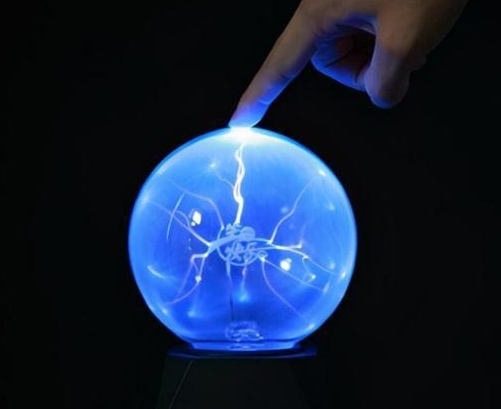Teflon Electrostatic Coating Principle and Applications
Time:2024-04-29 16:50:54 Source:未知 Click:次

With the rapid development of technology, the impact of static electricity issues in various industries is becoming increasingly valued. Especially in industries such as electronic manufacturing, medicine, and food processing, the generation and accumulation of static electricity can have a significant impact on product quality and the production environment. To meet market demand, Teflon electrostatic coating technology has emerged as an efficient solution for anti-static.
I. Principle of Teflon Electrostatic Coating
Teflon (Polytetrafluoroethylene, PTFE) is a material with excellent chemical stability, high-temperature resistance, good insulating properties, and a low coefficient of friction. The Teflon electrostatic coating is applied to the surface of objects through a special process, forming an even, dense protective film. This coating not only prevents the generation and accumulation of static electricity but also effectively reduces the friction coefficient of the object surface, thereby extending the service life of the product.
The anti-static principle of Teflon electrostatic coating is mainly reflected in the following aspects:
1. Conductivity: Teflon material itself has a certain degree of conductivity, which can promptly discharge static electricity into the ground, thus preventing the accumulation of static electricity.
2. Surface Energy: The surface energy of Teflon material is low, making the coating surface less likely to adsorb dust and moisture from the air, thereby reducing the generation of static electricity.
3. Molecular Structure: The molecular structure of Teflon determines its good insulating properties, which can effectively prevent the generation and accumulation of static electricity.
II. Application of Teflon Electrostatic Coating
Teflon electrostatic coating technology has a wide range of applications in many industries. Here are a few typical examples:
1. Electronic Manufacturing Industry: Electronic components are prone to generating static electricity during production and use. Teflon electrostatic coating can effectively prevent static damage to components, improving product quality and reliability.
2. Medical Industry: Medical products are sensitive to static electricity. Teflon electrostatic coating can be applied to medical equipment such as infusion tubes and syringes, effectively preventing static contamination of drugs.
3. Food Processing Industry: Food is prone to generating static electricity during processing. Teflon electrostatic coating can be applied to food production lines to prevent static contamination of food.
4. Textile Industry: Teflon electrostatic coating can be applied to textile equipment, effectively preventing the impact of static electricity on textiles, and improving product quality.
5. Petrochemical Industry: Teflon electrostatic coating can be applied to the inner walls of petrochemical equipment to prevent the accumulation of static electricity and avoid the occurrence of fire accidents.
In summary, Teflon electrostatic coating technology has a wide range of applications in various industries, providing an efficient and reliable solution to anti-static issues.
III. Summary
As people's understanding of static electricity issues deepens, the market demand for Teflon electrostatic coating technology is increasing both domestically and internationally. As an efficient solution for anti-static, Teflon electrostatic coating technology plays an important role in many industries, contributing to the improvement of product quality and the production environment. In the future, with the continuous development and innovation of Teflon electrostatic coating technology, it is believed that its application in the field of anti-static will become more extensive, bringing more convenience to the development of human society.


